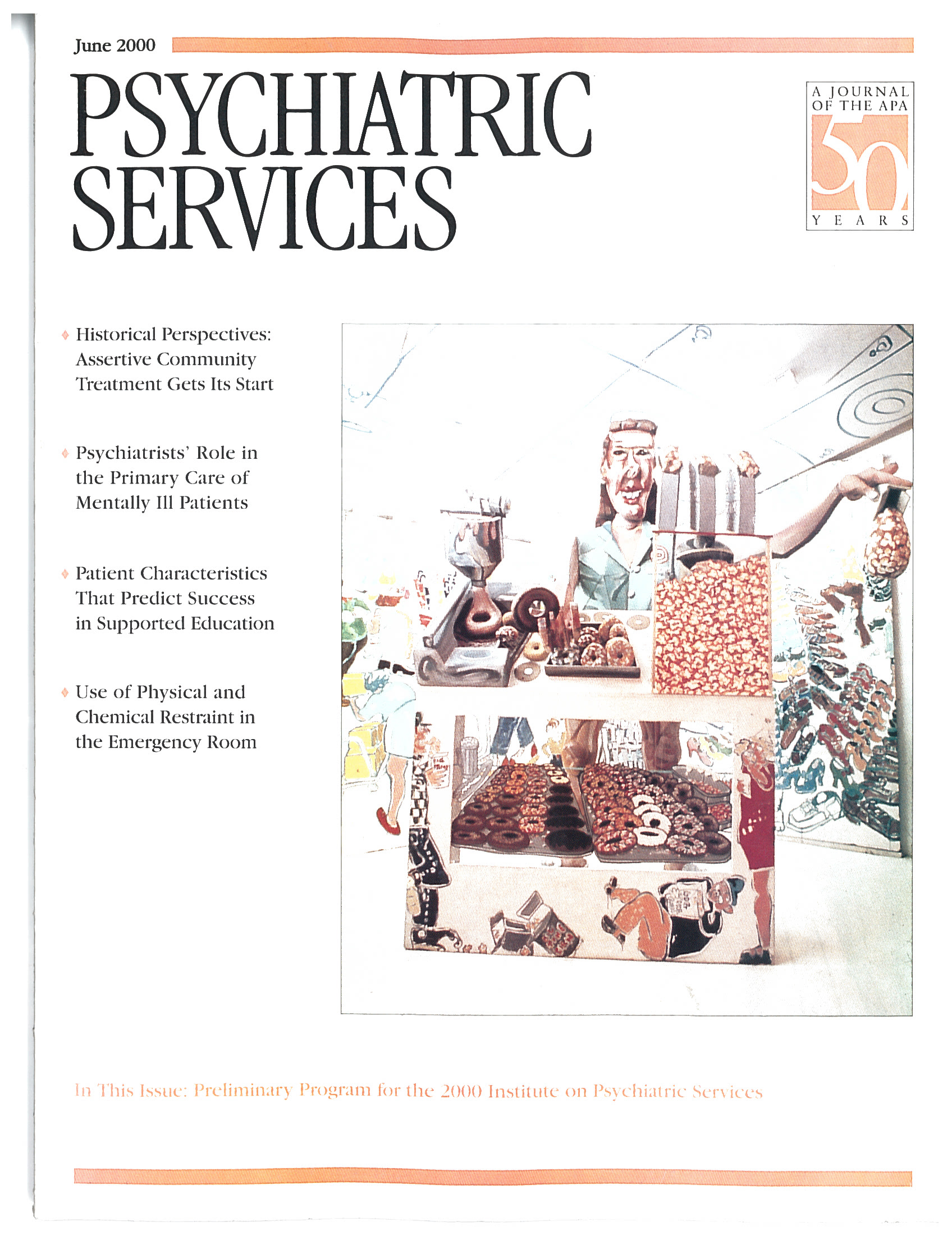Kathleen Mountain's The Gift is a personal story describing the author's experience as a psychotherapy patient. The book incorporates journal entries, letters Ms. Mountain wrote to her therapist (some were sent, some not), and commentaries about psychotherapy, psychology, and theory. The author has two main goals in bringing this exceptionally revealing story to the public. She hopes to educate people about the process of psychotherapy. She hopes that individuals who read her book will feel encouraged to seek psychotherapy treatment if needed.
The author asserts that the book is less about her own journey than about the process of psychotherapy from the client's perspective. This objective presents a conceptual problem. It is impossible to dichotomize and clinically objectify material from one's own journals and personal letters, one of the reasons the book at times is jolting and fragmented. Personal accounts of real suffering and difficulty are juxtaposed with theory building or objectified statements about treatment. The author's attempts to explain the psychotherapy process, although noble, are jarring in contrast to her journal entries. It seems as if she is trying to do too much, to be all encompassing.
Despite these drawbacks, the book, taken as a whole, offers rewards. Ms. Mountain's gift to her readers, after the problems of structure and writing style are sorted through, is considerable. This is a true story about a recent treatment, 1996 vintage. The names of family, friends, and treaters are changed. Ms. Mountain tells about her long struggle with an undiagnosed major depression that manifested with multiple somatic complaints. Her primary care doctor finally made the diagnosis and insisted on her seeking treatment.
The author was stunned, then mystified, then fascinated by what ensued. She tried therapy twice over two and a half years, and eventually, before starting a graduate program in psychology, she decided to try one more time.
The Gift is the story of the author's third, successful, ten-month treatment. She reluctantly entered treatment again, motivated partly by wanting to become a psychotherapist. Morally and ethically, she knew she needed to heal herself before treating others. She had obsessive suicidal ideation with vivid images of the act of self-harming. She was affectively detached. She trusted only her primary care doctor. She was disconnected from herself, despite many substantial successes in her life: education, military experience, good jobs, marriage, and a child. Ms. Mountain describes a life of outward perfection and a separate internal world of pain, loneliness, and emotional isolation.
A friend recommended an experienced clinical psychologist in private practice. They made a commitment to work together in psychotherapy. Paradoxically, the therapist was about to leave clinical work after 20 years. Ms. Mountain was one of his last patients, and she knew the treatment would have an end point. He agreed to work with her despite her refusal to contract for safety; she had multiple, elaborate suicide plans.
Ms. Mountain was a highly motivated patient, and she did get better. She had a positive transference to her treater. He was clearly able to manage the intense level of her affective disturbance. The author found medication compliance initially difficult, but eventually she stayed with this critical part of her treatment. It is possible to see the overall effectiveness of the combination of high-quality psychotherapy with, in this instance, fluoxetine. Ms. Mountain revealed her use of alcohol and stopped drinking. She used journal writing and letter writing as adjuncts to her treatment. These tools appeared to be extremely helpful to her emotional recovery.
Ms. Mountain wrote this book partly to thank her therapist for her mental health. The story is a tribute to the remarkable encounter of these two people. The author received the gifts of hope, acceptance, and much more. The impact of effective psychotherapy with medication intervention made this treatment a success in only ten months. The Gift would make an excellent teaching tool in any discipline in which psychotherapy is taught.

